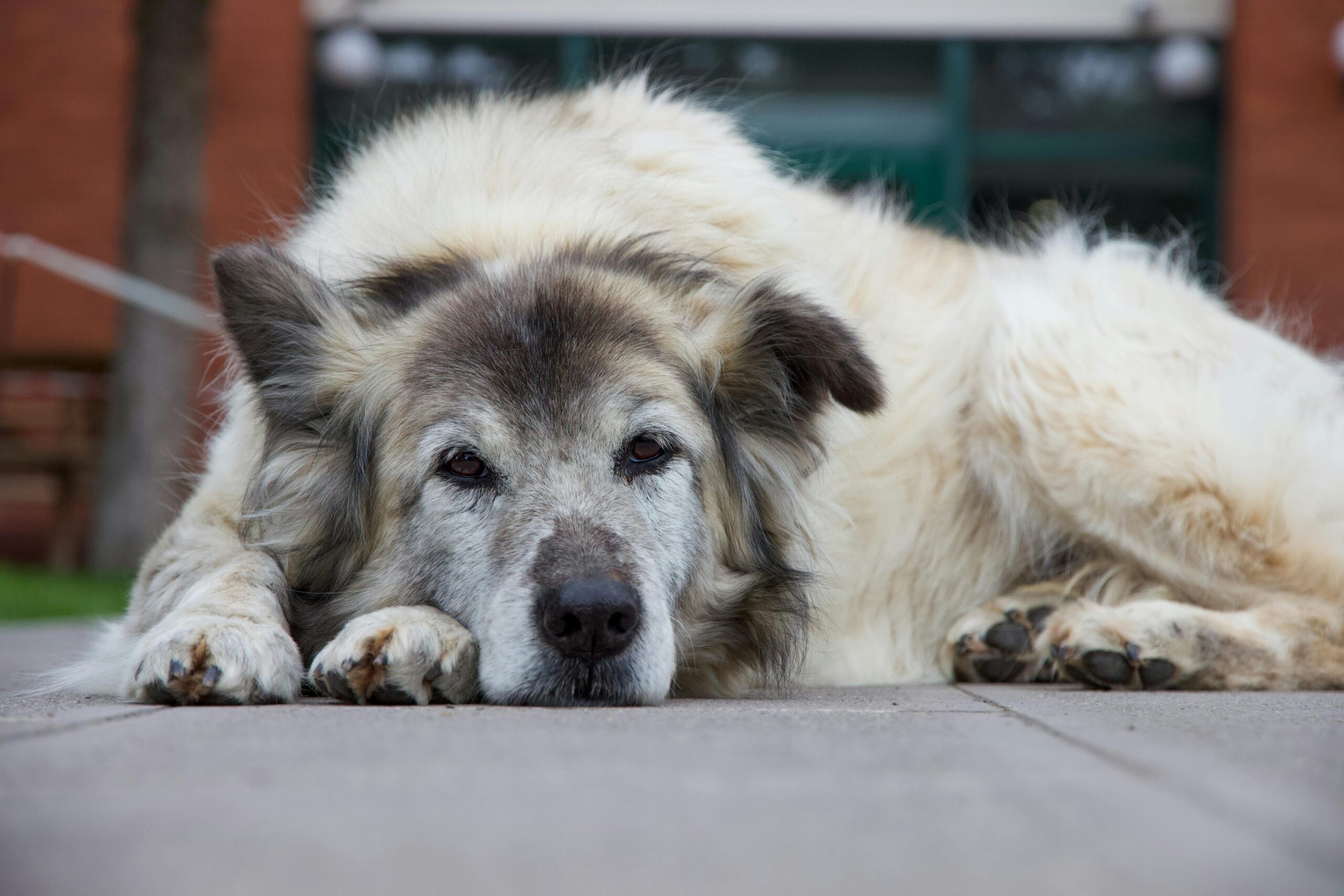Bladder stones, also known as uroliths, are common in both humans and pets. These stones are rock-like structures that are composed of minerals in urine. One common type of bladder or kidney stone in dogs is known as calcium oxalate--making up about 43% of upper urinary tract stones in dogs.
Calcium oxalate stones are made up of calcium oxalate crystals. When there is too much waste and not enough liquid in urine, crystals can begin to form. When these crystals aren't able to pass out through the urine, they can come together and form stones. Stones can rub against the bladder wall, irritating and damaging the surrounding tissues. This often leads to discomfort and the presence of blood in the urine, which are common symptoms of bladder stones in dogs.
Unfortunately, there is a high chance of recurrence in dogs that develop calcium oxalate stones. This can get costly for pet owners who have to pay for multiple surgeries throughout their pet's lifetime.
What Causes Calcium Oxalate Stones in Dogs?
Unfortunately, calcium oxalate stone formation is complex and not fully understood. Many experts believe that crystals and bladder stones could be caused by genetic conditions, nutrient imbalances, and other health problems such as liver disease, Cushing disease, and high blood calcium (hypercalcemia).
- Hypercalciuria: Recent studies have found that hypercalciuria (excess calcium in the urine) is the most commonly identified urinary abnormality detected in dogs with calcium oxalate stones. Hypercalciuria can be a secondary effect of some other condition that causes high levels of calcium in the bloodstream, or it can occur on its own with normal blood calcium levels.
- Diet: Studies have also found that diet can increase the risk of developing calcium oxalate stones. An increased dietary intake of oxalate might play a role in stone formation. Certain prescription drugs, such as Prednisone, can also contribute to the formation of calcium oxalate stones.
- Genetics: There is also a genetic component to the formation of calcium oxalate stones in dogs. A substance in urine called nephrocalcin naturally inhibits the formation of calcium oxalate stones. However, dogs can inherit a genetic problem that causes the production of defective nephrocalcin.
What Dogs Are Predisposed to Calcium Oxalate Stones?
Although calcium oxalate stones may develop in any dog, there are several dog breeds that are predisposed to developing them. Certain breeds like Pugs, Dalamtians, Bichon Frises, Miniature and Standard Schnauzers, Lhasa Apsos, Shih Tzus, Pomeranians, Keeshonds, Cairn Terriers, Maltese, Yorkshire Terriers, Miniature and Toy Poodles have a greater chance of developing bladder stones.
There are a few characteristics that increase a dog's risk of developing calcium oxalate bladder stones. Recent studies have found that urine high in calcium, oxalates, or citrates predisposes a dog to calcium oxalate crystals and stones. Diets that cause urine to be too acidic (urine pH less than 6) also predispose dogs to calcium oxalate stones. Other risk factors include being male, overweight, and older than 5 to 8 years.
Understanding the risk factors and causes of calcium oxalate stones in dogs is important when trying to prevent and treat stone formation.

 DOG HEALTH SUPPLEMENTS
DOG HEALTH SUPPLEMENTS DOG DIGESTIVE SUPPLEMENTS
DOG DIGESTIVE SUPPLEMENTS EYE & EAR DROPS
EYE & EAR DROPS SKIN & COAT SUPPLEMENTS
SKIN & COAT SUPPLEMENTS CAT SUPPLEMENTS
CAT SUPPLEMENTS